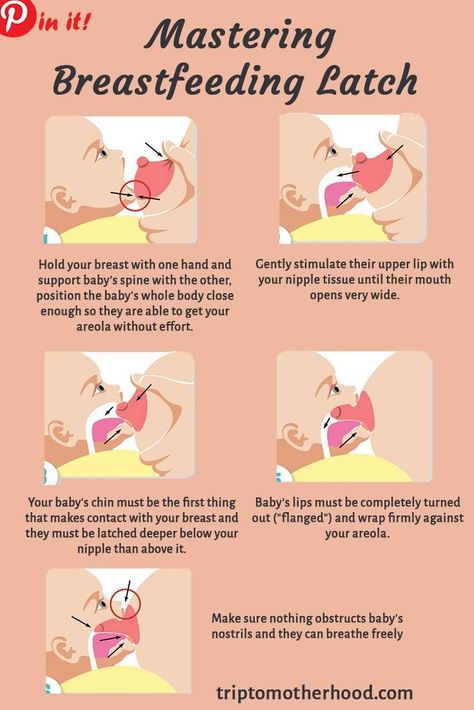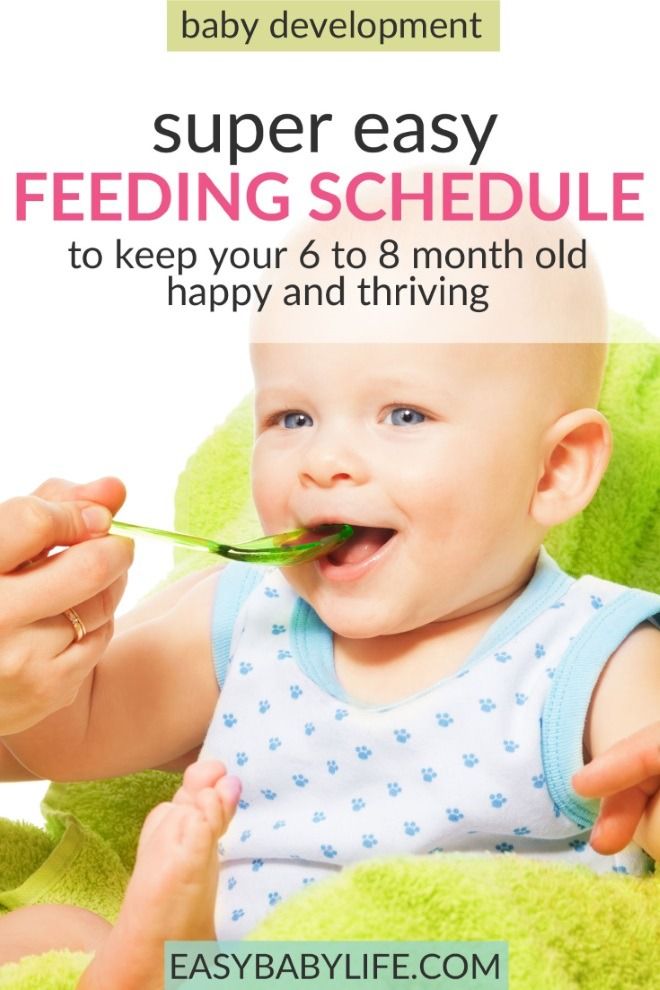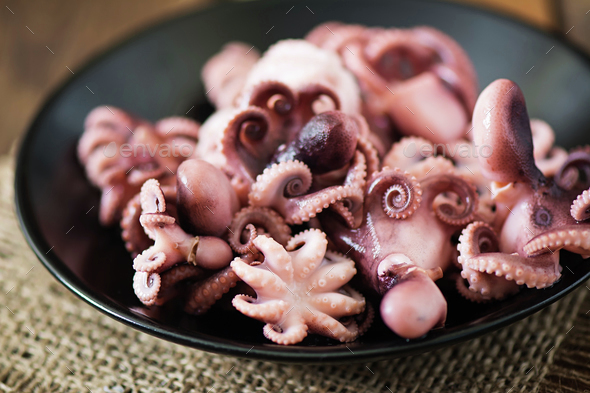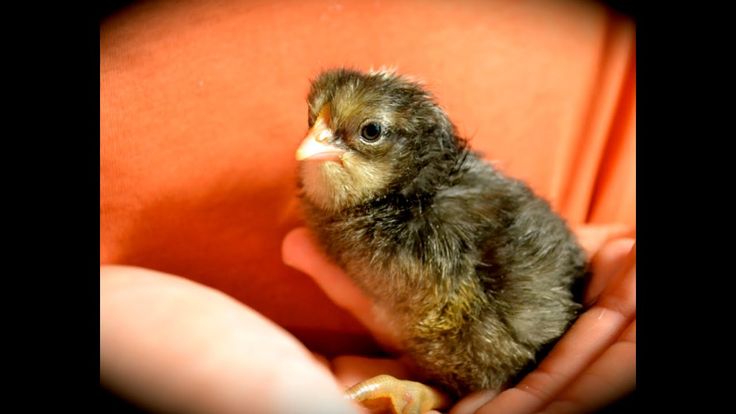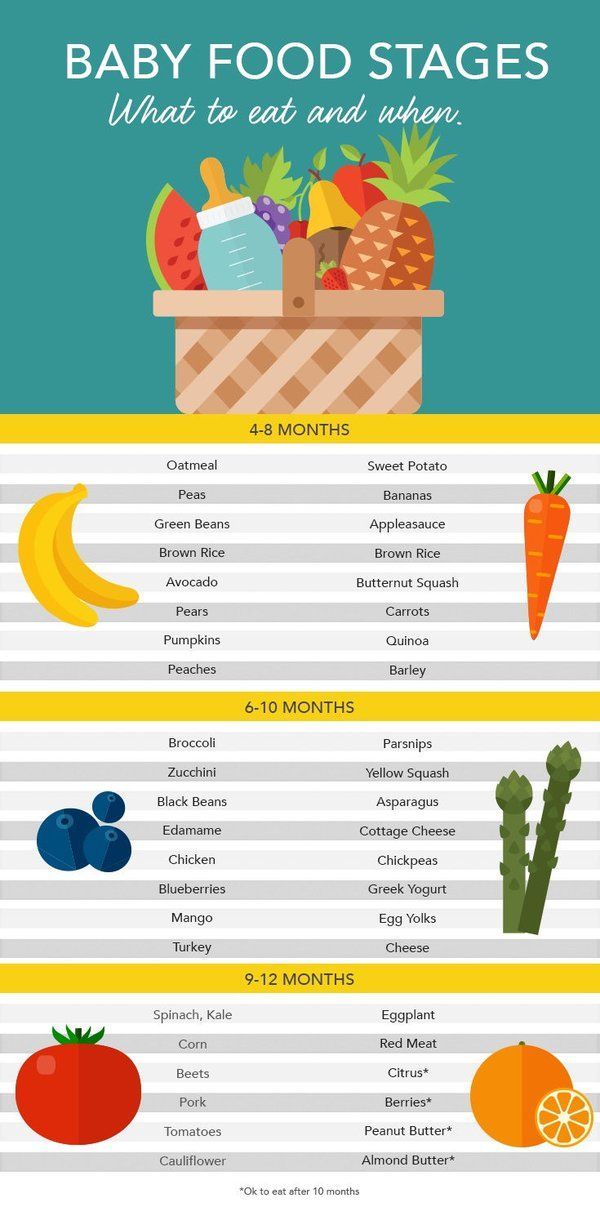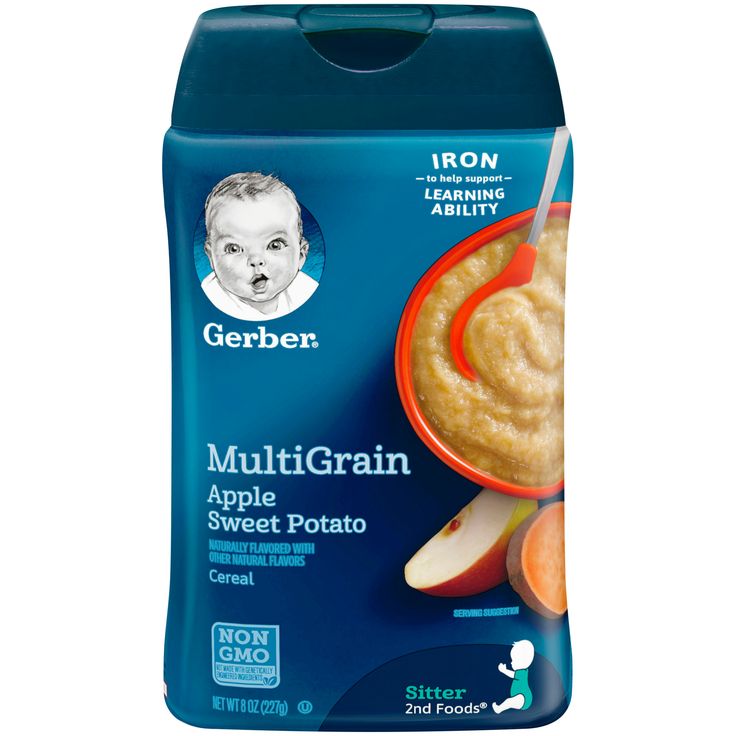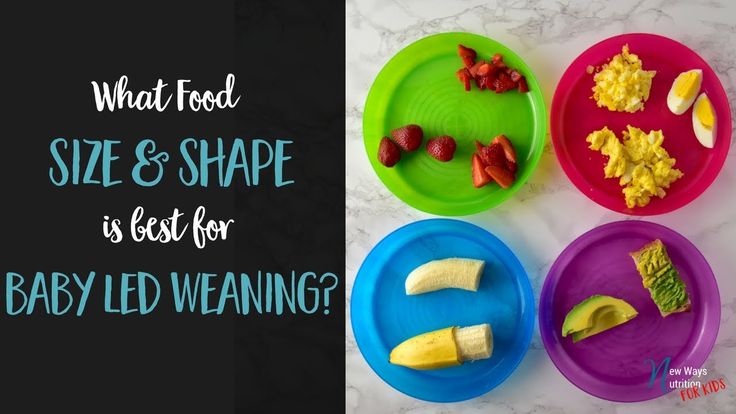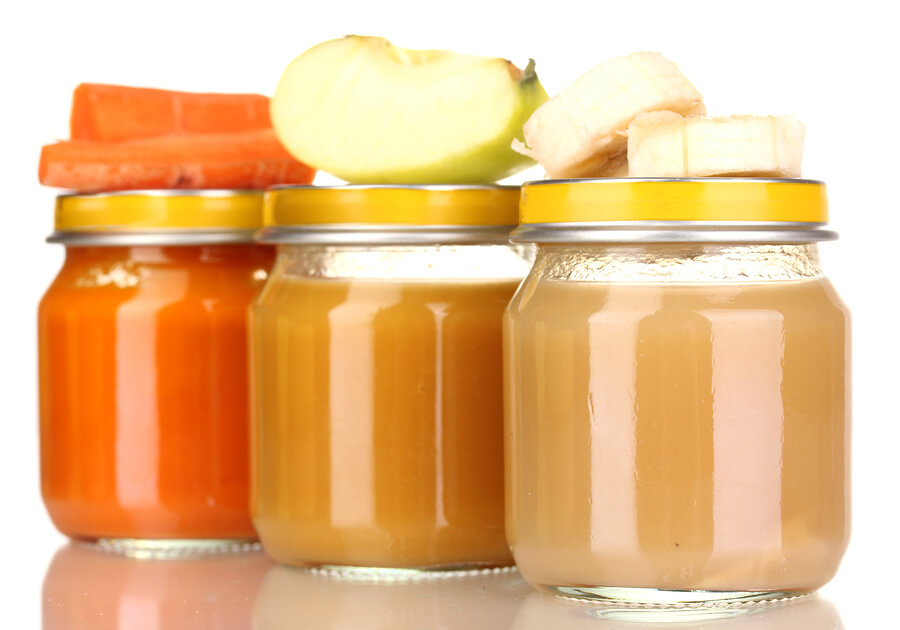Gassy baby foods to avoid breastfeeding
What You Can Do To Help Your Gassy Breastfed Baby
What are some common culprits behind your baby's gassiness? Learn the signs, foods that may cause gassiness in your baby, and how to soothe and relieve his or her symptoms.
Share this content
As a new parent, it can be stressful and upsetting to see and hear your baby cry. That’s especially true if you've checked off all the usual suspects— dirty diaper, empty belly, discomfort, or over-tiredness —and you still can’t seem to soothe your little one.
Gas is something that many newborns experience, and it can be painful for them! It isn't always the first thing that parents remember to consider, since it's not something easily visible.
Signs Your Breastfed Baby is Gassy
If you suspect excess gas could be the culprit causing your baby’s fussiness, there are several signs that may indicate you are correct:
- Burping. It’s possible your baby has swallowed too much air while nursing or crying for a long period.
- Spitting up. While spitting up is perfectly normal, gas that’s trapped in the stomach can push breast milk back up and cause your baby to spit up.
- Bloated tummy. This could be a sign that gas has built up in your baby’s stomach.
- Flatulence. Every baby toots, but if they’re doing so excessively, it could mean they have excess gas.
- Arched back, legs drawn toward the tummy. The discomfort from gas pains will make a baby try to adjust to alleviate it.
Gassy Baby Causes
Gas in a breastfed baby is not uncommon and can be attributed to several factors:
- Gulping while feeding. If your milk let-down reflex is strong, your baby may gulp your milk to keep up and swallow extra air in the process. If that’s the case, your little one may do better nursing in a more upright position, so he or she has better control over milk intake and flow.
- Introducing a bottle.
 If your baby is used to the breast and you begin feeding with a bottle, it may take some getting used to at first. As a result, he or she may swallow too much air while eating.
If your baby is used to the breast and you begin feeding with a bottle, it may take some getting used to at first. As a result, he or she may swallow too much air while eating. - Constipation. When your baby is constipated, they may have gas trapped in their tummies that they’re having a hard time releasing.
- Crying. If your baby has been crying for a long time, they may be gulping in air in the process.
- Mom’s diet. Food that you’ve eaten can make your baby gassy as well. Certain foods such as dairy, soy or wheat may contribute to gassiness in your little one. Keep a food journal of what you eat to see if you can pinpoint the culprit in your diet.
Foods That Make Breastfed Babies Gassy
Though a baby’s gas is not commonly linked to mom’s diet, there are certain gas-inducing foods that could give both a breastfeeding mom and her baby gas. These include:
- Fiber. Foods like bran, beans, and whole grains.

- Fruit. Citrus fruits, prunes, plums, peaches, or apricots.
- Vegetables. Broccoli, cabbage, and Brussel sprouts.
- Garlic. Garlic-seasoned foods like pasta dishes or garlic bread.
- Dairy. Yogurt, ice cream, or milk products.
- Carbonated beverages. If they make you burp, they could make your baby gassy too.
It’s not necessary to give up all your favorite foods when pregnant and/or breastfeeding. Health experts recommend only making dietary changes if you see a direct connection between something you’ve eaten and your baby's gassiness.
Additionally, if you’re still breastfeeding after your little one begins solids or finger foods, it’s easier to detect what food might be the culprit and then eliminate it.
Relieving Gassy Babies
There are several effective ways to help relieve your baby’s gas pains and soothe them. Try a combination of these to find what works best for your little one.
- Burp twice. Try to coax two burps out of your baby instead of just one.
- Sit upright. Hold your baby in an upright position while burping. This makes it easier to expel gas.
- Tummy time. Laying your baby on their tummy will help to push gas out.
- Bicycle exercises. Put your baby on his or her back and move their legs in a pedaling motion, similar to cycling on a bike. This helps with constipation as well.
- Massage the tummy. A gentle massage can help move gas out.
- Adjust baby’s latch. Make sure your baby is latching correctly to avoid swallowing too much air.
Don't worry, mama - Gas is typically a normal occurrence and most babies experience gassiness from time to time! With some minor adjustments, you can soothe your little one and help them get through the discomfort of gas.
Foods to Eat or Avoid When Breastfeeding
Reviewed by Poonam Sachdev on June 26, 2022
It’s a good source of protein.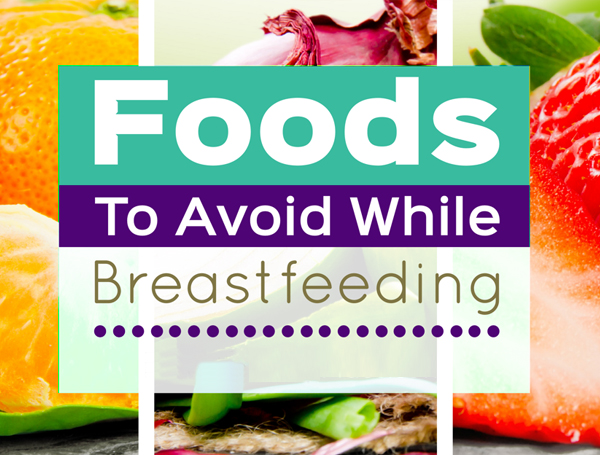 Some, like salmon and tuna, also give you omega-3s, which your body needs. But what about mercury and other contaminants? You can have cooked seafood twice per week. Each serving can be up to 6 ounces, which is the size of two decks of cards. Choose types that are lower in mercury, such as salmon, tilapia, and trout. Avoid shark, swordfish, king mackerel, and tilefish, which have high levels of mercury.
Some, like salmon and tuna, also give you omega-3s, which your body needs. But what about mercury and other contaminants? You can have cooked seafood twice per week. Each serving can be up to 6 ounces, which is the size of two decks of cards. Choose types that are lower in mercury, such as salmon, tilapia, and trout. Avoid shark, swordfish, king mackerel, and tilefish, which have high levels of mercury.
Love hot sauce? Most babies can handle it and other fiery foods in your diet. But if your little one is gassy or colicky and gets diarrhea every time you sprinkle red pepper flakes over your pizza, cut back on the heat for a few weeks to see if that helps.
They’re full of flavor. But some herbs may affect how much milk your body makes. For instance, eating a lot of parsley could curb lactation. And too much sage and peppermint may cut your milk supply. For some nursing moms, even peppermint-flavored toothpaste and candies are a problem.
It’s rarely a problem. But see how your baby does. Tell your pediatrician if your tot gets skin problems, has trouble breathing after breastfeeding, or has other symptoms.
Tell your pediatrician if your tot gets skin problems, has trouble breathing after breastfeeding, or has other symptoms.
As refreshing as your cup of chai or Earl Grey may be, it has some downsides. It’s got caffeine, which can affect your sleep – and your baby’s. It may also make it harder for your body to absorb iron, which you need for energy. If you drink hot or iced tea, try not to sip it when you eat foods that are rich in iron, such as lean meat; dark, leafy greens; and fortified breakfast cereals.
What if you aren’t allergic, and you want to prevent your baby from developing an allergy? Sorry, but there’s no proof that you can do that by skipping specific foods. Cutting certain foods out of your diet may make the skin condition eczema less likely for your little one. Ask your doctor or pediatrician for advice.
Breastfeeding can make you thirstier than you usually are. If that’s the case, drink a glass of water every time you breastfeed. But no matter how parched you feel, don’t go for regular sodas or fruit drinks, which give you calories without nutrition.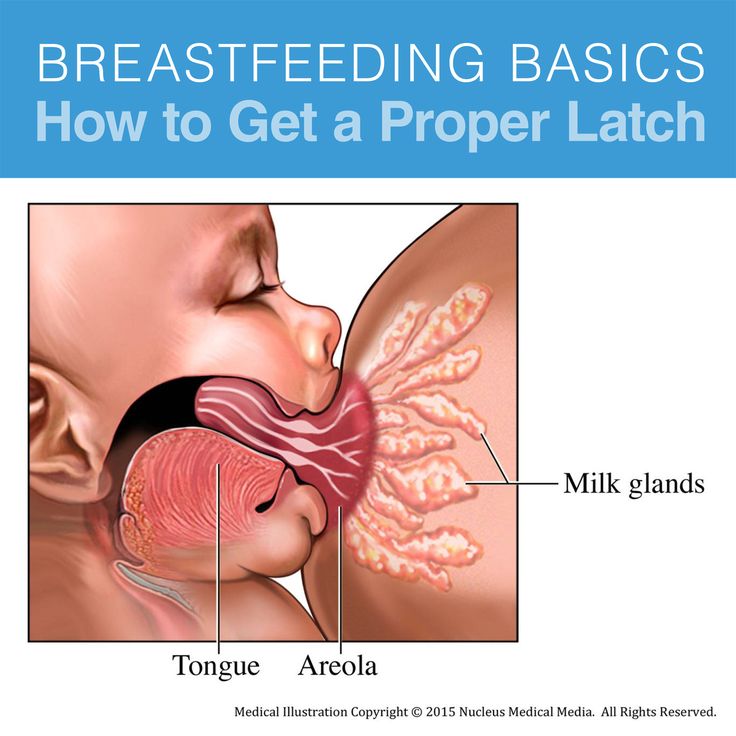
It's best for your baby if you don't have any booze at all. But if you do choose to drink, don’t breastfeed until the alcohol has completely cleared your milk. For 12 ounces of beer, 5 ounces of wine, or 1.5 ounces of liquor, wait at least 3 hours. Pumping doesn’t speed that up.
Common culprits include beans, broccoli, cabbage, and Brussels sprouts. Bloating, burping, and passing gas are normal. But if your baby is gassy or has colic, avoid these foods for a few weeks to see whether they relieve the symptoms.
Both have caffeine. You’ll also find it in energy drinks and cola. If you’re lost without your latte, limit yourself to 2-3 cups per day of the brewed kind. Or you could switch to decaf.
IMAGES PROVIDED BY:
1) Getty
2) Getty
3) Getty
4) Getty
5) Getty
6) Getty, iStock
7) Getty
8) Getty
9) Getty
10) Getty
SOURCES:
Mayo Clinic.
The Children's Hospital of Philadelphia.
La Leche League.
The American Academy of Pediatrics.
U.S. Department of Agriculture.
© 2022 WebMD, LLC. All rights reserved. View privacy policy and trust info
How to stop breastfeeding | Philips Avent
search support iconSearch Keywords
Home ›› How to end breastfeeding comfortably for mom and baby
Home ›› How to end breastfeeding comfortably for mom and baby
↑08 ↑ 0 Weaning is an important decision for both mother and baby, and the decision is entirely up to them. When the mother and baby are ready to start weaning, there are a few tips and techniques to help make the transition a positive one.
When and how to stop breastfeeding? Like all good things, breastfeeding eventually comes to an end.
3 Philips Avent products to support you when you stop breastfeeding:
When should I start weaning my baby?
There is no definite and correct period for weaning a child.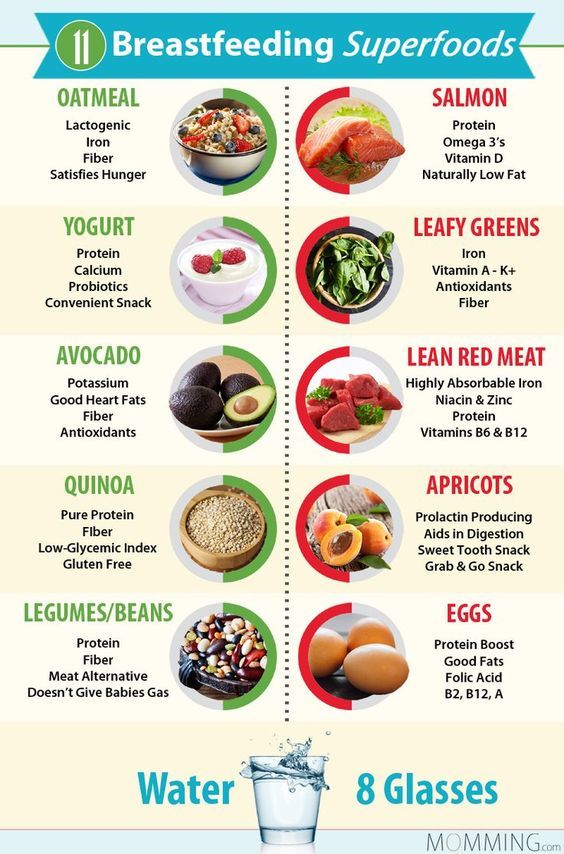 The mother-child relationship is different for everyone, and weaning is a purely personal decision for mother and baby, which they make when both are ready.
The mother-child relationship is different for everyone, and weaning is a purely personal decision for mother and baby, which they make when both are ready.
The World Health Organization (WHO) recommends exclusive breastfeeding for infants up to six months of age. Until a child reaches the age of one year, both solid food and breast milk must be present in his diet. If the baby is weaned before he is one year old, adapted infant formula can be fed instead of breast milk. If a baby is stopped breastfeeding at one year of age or older, infant formula milk products can be given instead. While the recommendations are, many mothers stop breastfeeding before their babies are 12 months old, and others breastfeed for up to two years or longer. The second option is called extended breastfeeding, and it's a completely healthy choice for mothers and babies who want to continue breastfeeding.
Signs that a baby is ready to wean
Mothers often wonder how to stop breastfeeding, because babies rarely just stop suckling.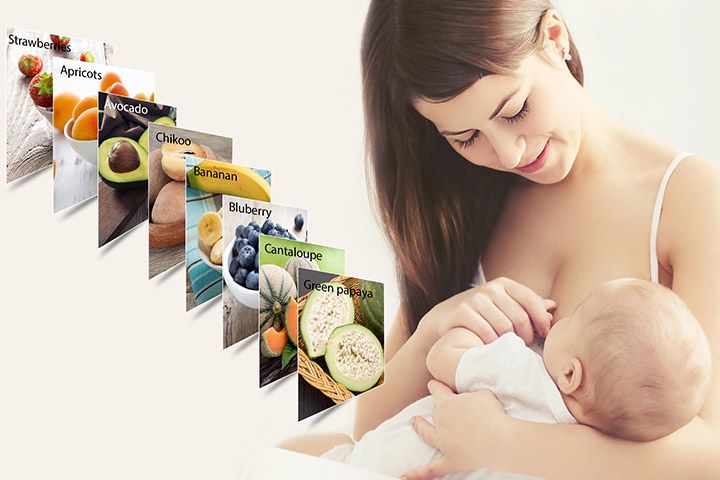 Weaning a baby from the breast is usually a gradual process for both the mother and the baby.
Weaning a baby from the breast is usually a gradual process for both the mother and the baby.
There are several signs that will let you know that the baby is ready to start weaning:
- disinterest or fussiness during feeding;
- reducing the duration of feedings;
- child is easily distracted while feeding;
- the child plays while suckling, eg pulling or biting the breast;
- baby suckles lightly but does not extract milk.
How do I wean a baby?
When mom and baby decide it's time to stop breastfeeding, there are a few things to keep in mind to make the transition smoother.
Here are our tips for weaning your baby when the time is right:
1. Wean gradually. When you decide to wean a baby, remember the main thing: do it gradually. This is necessary so that both mother and baby can adapt to physical and emotional changes. In addition, the gradual cessation of breastfeeding helps mothers avoid problems such as engorgement and general breast discomfort.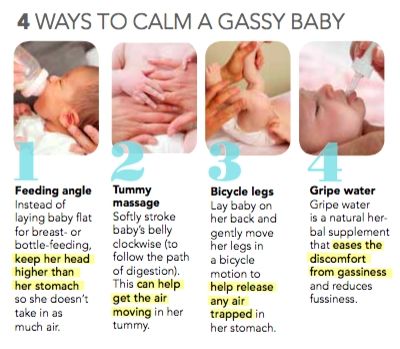
2. Express milk. To prevent breast engorgement when breastfeeding is stopped, the mother may need to express her milk, especially if the baby is less than a year old. One way to reduce and gradually stop breast milk production is to express less and less milk so that less milk is produced. Since pumping stimulates the flow of milk, it is important to use the pump for a shorter time than the duration of feeding the baby. Gradually, milk production will decrease and eventually stop completely.
Check out the Natural Motion Electronic Breast Pump, which combines nipple stimulation and pumping like a baby does for natural and gentle pumping.
3. Reduce the number of daily feedings by one every week. We recommend eliminating one of the daily feedings each week, such as feeding at noon or at another time, depending on which one the child likes the least. The latter, as a rule, exclude feeding before bedtime and immediately after waking up.
During the weaning period, the mother's breasts will continue to produce milk until she completely stops breastfeeding.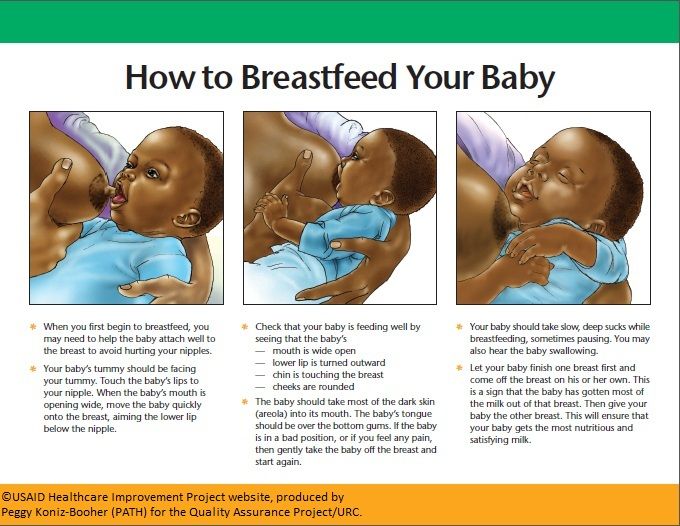
During this period, mums will love these soft bra pads to keep their clothes dry and clean all day long.
Check out this Natural bottle with an ultra-soft, breast-like nipple to help make the transition from breast to bottle easier.
4. Extra hugs may be needed. In addition to the physical changes that stopping breastfeeding brings, moms and babies will also experience emotional changes. During this period, you should hug the baby more often and express your love to him. Caress and other acts of love can help mother and baby retain the closeness and togetherness that breastfeeding has given them.
5. Introduce complementary foods at your baby's usual feeding times. Another way to help your baby adjust to change is to give him complementary foods at his usual feeding times. Babies who are a year old or older can substitute cow's milk for breast milk or offer other foods if the baby has already switched to solid foods.
We also recommend watching the webinar "How to End Breastfeeding Comfortably and Painlessly: Tips and Tricks".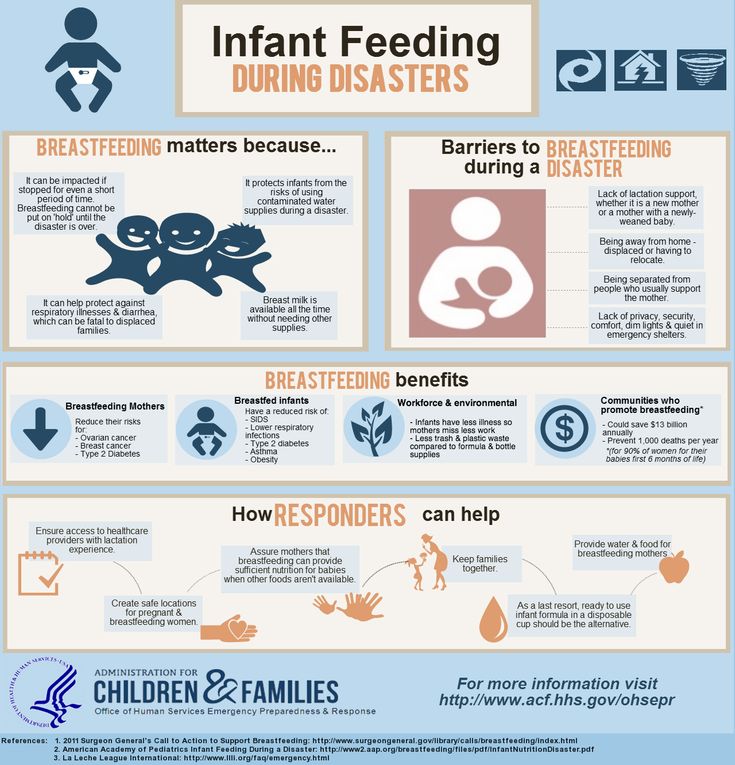
Although weaning is the natural end to breastfeeding, a mother can make a huge difference in her baby's life at this stage. Along with a new sense of pride in a child who is growing and developing, it is quite natural for a mother to feel sadness. Breastfeeding creates a special bond between mother and baby. Therefore, breastfeeding mothers often find it difficult to say goodbye to breastfeeding.
If you have any questions, be sure to ask a specialist for their opinion.
Philips Avent Articles & Tips
Baby+ App
Download the app and track your baby's development and growth with trackers and keep those special moments forever.
Download app:
You are leaving the Philips Healthcare (“Philips”) official website. Any links to third party websites that may be included on this site are provided solely as a convenience to you. Philips makes no warranties regarding any third party websites or the information they contain.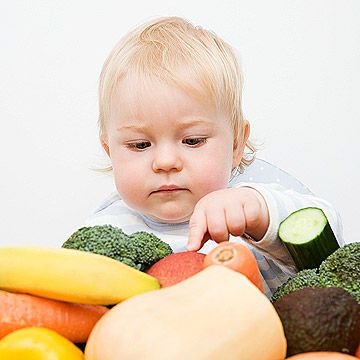
I understand
You are about to visit a Philips global content page
Continue
You are about to visit the Philips USA website.
I understand
Early introduction of supplementary food and fluids to healthy term breastfed babies
This translation is out of date. Please click here for the latest English version of this review.
Breast (human) milk is essential for the growth, protection and development of children. It is also important for the health of the mother. Exclusive breastfeeding is the consumption of breast milk by a child without any supplementation of any type (including water, juice, non-human milk or food). Early introduction of supplements (complementary nutrition) can lead to a decrease in milk production due to reduced milk removal from the breast, difficulty in developing effective breastfeeding, and decreased confidence in the ability to breastfeed. Despite widespread advice to support exclusive breastfeeding for the first six months of life, practice often fails to reflect these recommendations, suggesting that there is a perceived benefit from supplementation. We reviewed studies on supplementation (additional administration) of fluids in the first weeks of life or supplementation (additional administration) of food in infants aged 4-6 months. We identified eight randomized controlled trials involving 984 children and their mothers who considered exclusive breastfeeding versus breastfeeding with supplemental fluids and foods.
Despite widespread advice to support exclusive breastfeeding for the first six months of life, practice often fails to reflect these recommendations, suggesting that there is a perceived benefit from supplementation. We reviewed studies on supplementation (additional administration) of fluids in the first weeks of life or supplementation (additional administration) of food in infants aged 4-6 months. We identified eight randomized controlled trials involving 984 children and their mothers who considered exclusive breastfeeding versus breastfeeding with supplemental fluids and foods.
Of the trials we found, two trials involving 217 children found no evidence of benefit for a healthy breastfed infant with supplemental water or glucose solution for neonatal glucose, temperature, and weight loss. One of these trials (analyzed N = 170) found an increased risk of early cessation of breastfeeding with short (short-term) supplementation with water or glucose solution. One pilot study, with data from 39of children who have lost more than 5% of their birth weight by 36 hours of age provided evidence that small amounts of supplementation in the early days of life could help to continue breastfeeding successfully, although the researchers of this trial argue that the current evidence is not sufficient to recommend it for regular practice.